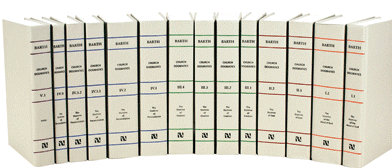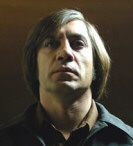I heard Arcade Fire before but never really thought anything of it. Big mistake. At least now I have four incredible albums (counting the self-titled EP) to catch up on. My curiosity was triggered when someone called the above "the greatest song of the 21st century" thus far. Reading the lyrics and seeing the energy with which it is played I tend to think this comment not out of line.
Wake Up - Arcade Fire
Something filled up
My heart with nothing
Someone told me not to cry
But now that I'm older
My heart's colder
And I can see that it's a lie
Children, wake up
Hold your mistake up
Before they turn the summer into dust
If the children don't grow up
Our bodies get bigger but our hearts get torn up
We're just a million little gods causing rainstorms
Turning every good thing to rust
I guess we'll just have to adjust
With my lightning bolts a-glowin'
I can see where I am going to be
When the reaper, he reaches and touches my hand
With my lightning bolts a-glowin'
I can see where I am going
With my lightning bolts a-glowin'
I can see where I am going
You better look out below!
See also these fantastic covers by Paulo Nutini (a beautiful mellowed version), Macy Gray (an energetic soulful version), and some grade 6 kids at a school assembly (a touching, even poignant version).
2. 14 volumes of hard-bound goodness:

Karl Barth's Church Dogmatics, 14 volumes, $99!
I must say: If you have spent $100 of your own or your church's money on pop ecclesiology church leadership books then you owe this to yourself and to them.
3. Phoenix on a tour bus:
Phoenix makes me happy. Discovering Les Concerts a Emporter (Take Away Shows) on La Blogoteque slightly happier.

 "The advertise-
"The advertise-